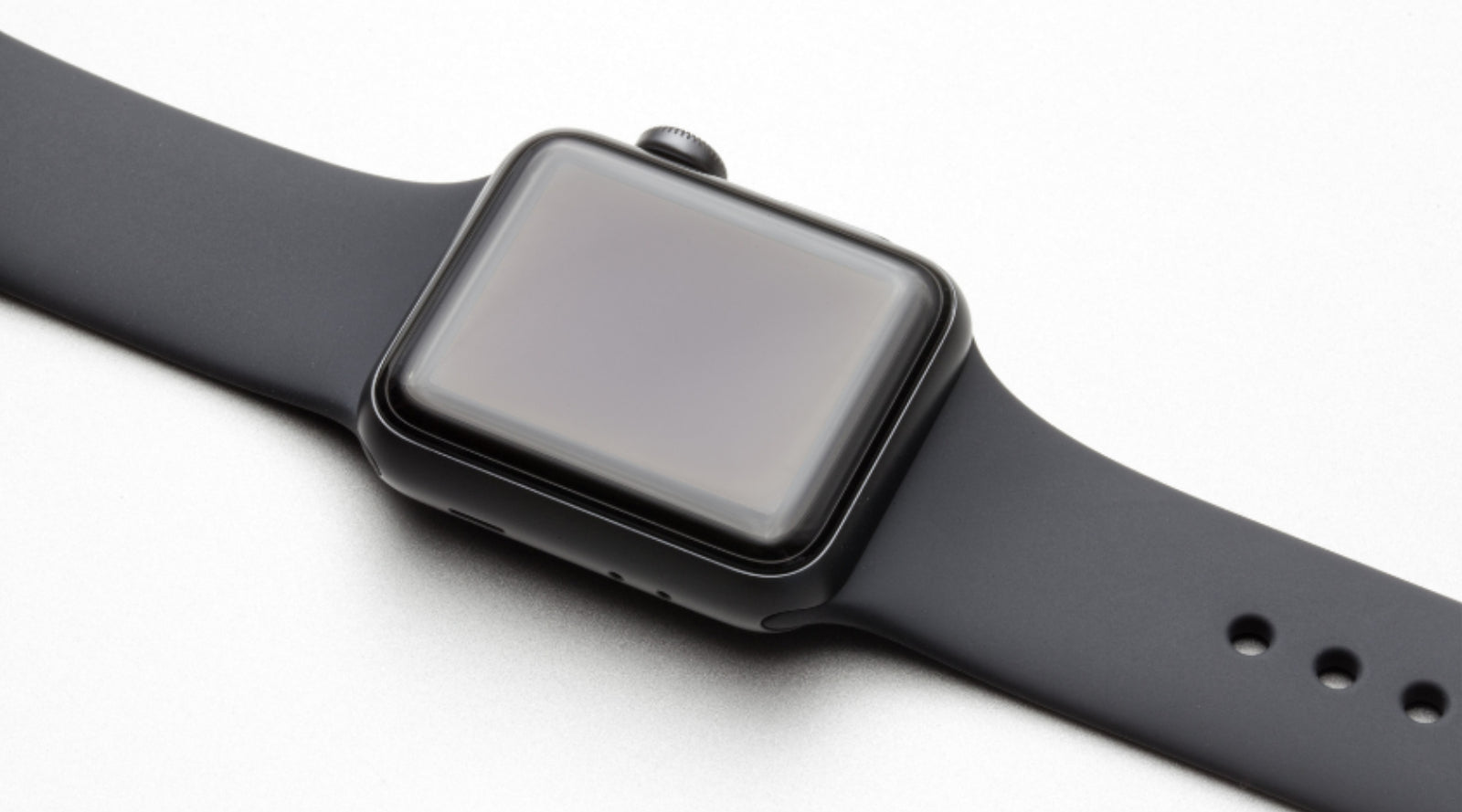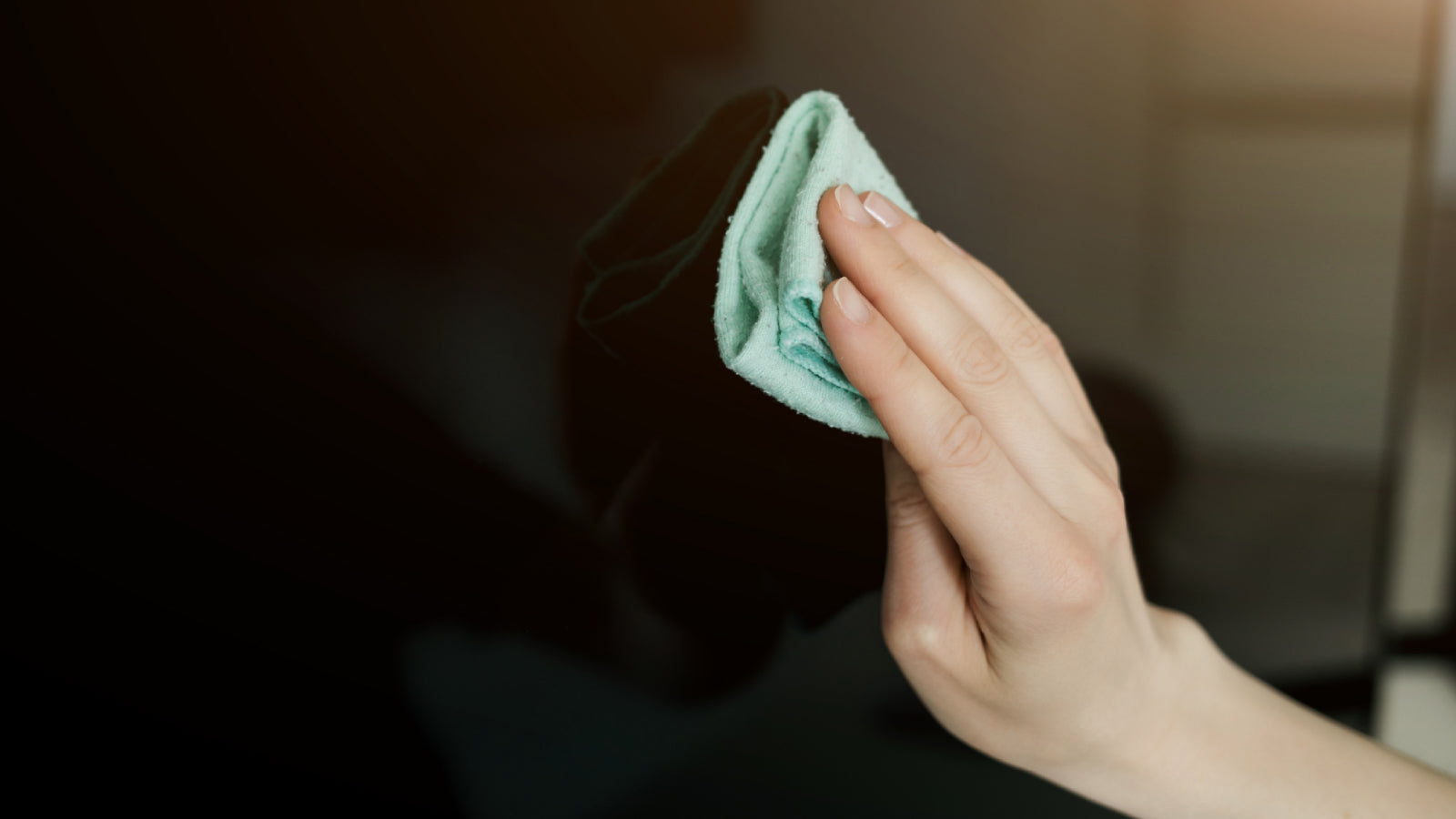You can keep your fridge freezer clean with regular maintenance. Most of the food we store comes prepackaged, so the risk of spills and mess is relatively low. However, you should give your fridge and freezer a deep clean every few months, or more often depending on how you use it. Defrosting items and storing open containers can all contribute to spills, stains and bad smells in your fridge. So, a more regular cleaning routine may be required in this case.
What should I use to clean my fridge freezer?
The most effective way to clean your fridge freezer is using a simple warm water and soap solution. You can also opt for antibacterial kitchen sprays or a homemade mixture of vinegar and water if your appliance has any tough-to-remove stains or dirt. If you are using shop-bought cleaning supplies, ensure to read the instructions carefully on the back. Some cleaning products can have harsh smells and chemicals which could affect the food in your fridge or freezer. You may need to wipe down the inside of the appliance with hot water after you use certain cleaning supplies. Be sure to completely empty your fridge and freezer before you start to clean it down. This is the perfect time to throw away any out-of-date foods or forgotten leftovers. The ideal time to do this is just before your big weekly/monthly shop when your fridge is starting to look a bit bare.
Top Tips for Safe Food Storage
- Do not defrost your food on an uncovered dinner plate, especially raw meat. When your food defrosts you get a small amount of water accumulating on the plate which can spill inside the fridge. This can cause cross-contamination of raw meat and fresh foods. We recommend using lunchboxes for easy defrosting if the food has been removed from its store packaging.
- Do not store raw meat on the upper shelves of your fridge. Store your uncooked meat on the lower shelves and keep your cooked food and fresh vegetables on the upper shelves or use the vegetable drawers if your appliance has these. This helps to avoid cross-contamination.
- Get the right temperature Be sure to let your food cool before you put it in the fridge or freezer. Safefood.eu recommends that your freezer should be at -18 ° Celsius and your fridge 5 ° Celsius or below. If you lose power to your fridge or freezer then try to keep the door closed as much as possible to retain the temperature. Each appliance will have a different max storage time after being powered off. You can find this in the information manual or check the supplier's website.
How often should I clean my fridge freezer?
How often you need to clean your fridge freezer varies between each home. You should try to clean out your shelves once a week to remove any out of date foods or lingering leftovers. If you wipe down the shelves regularly this will help to reduce how often you need to give your appliance a deep clean. You should also wipe down the door fronts and handles regularly using an antibacterial spray. The majority of freezers produced today are frost-free models. This means you won't have to deal with the build-up of ice in your freezer (or have the annoyance of emptying it to defrost!). A frost-free model is hassle-free to keep clean and you won't lose any precious food space to a gradual ice build-up. This is a great time saver and means that you won't have to clean out your freezer as often.
Tips for maximising the shelf life of your food
- Don't allow your fresh foods to touch the back of your fridge. This can cause water or even ice to build up and damage your food. You might have noticed bags of prepared vegetables spoiling before their use-by date, this is often the reason.
- Don't overcrowd your shelves! Try not to overfill your shelves or vegetable drawers. If you pile heavy veggies on top of delicate items like soft fruits, you will damage the skins. This can all contribute to your food spoiling quickly. If you are short on space, some vegetables can be stored out of the fridge. Root and tuber vegetables, such as potatoes, turnips and squash, can be stored outside of your fridge. Just be sure to store them in a cool area to maximise their shelf life.
- Use food containers if you want to store delicate items like fresh berries. This protects them from bashing, bumping and helps to prolong their shelf life.
- If you are food prepping try freezing leftovers for emergency lunch options. We recommend freezing your leftovers pre-portioned so that you can just defrost what you need when you need it.
- Use glass or clear plastic containers to store your prepped or leftover food. This stops you from forgetting what you have hidden at the back of your fridge!
Check out the full range of fridge freezers online or at your local DID Store










